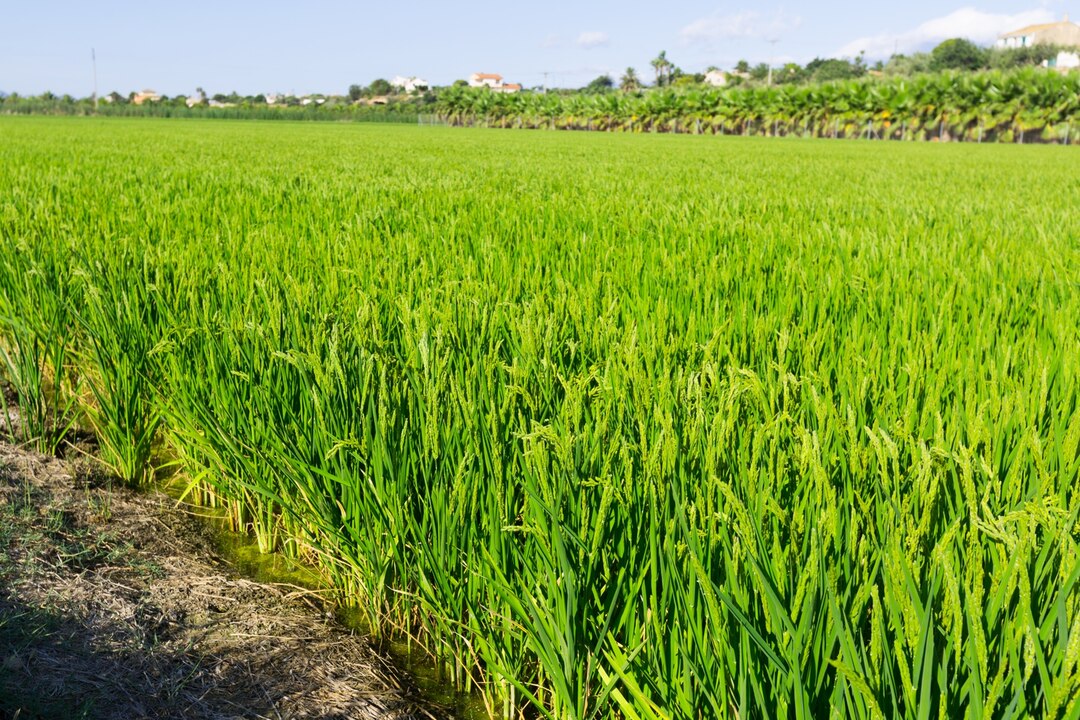The World Food Programme (WFP) has entered into a partnership with the Japan International Cooperation Agency (JICA) to uplift the livelihoods of 40,000 smallholder rice farmers in Zambia. This collaboration aims to enhance productivity, improve access to markets, and strengthen financial literacy among rice-producing households.
Focus on Empowerment
Speaking at the signing ceremony held in Lusaka, WFP Country Director Cissy Kabasuga highlighted the significance of the agreement. “WFP will collaborate with JICA to empower rice-producing households by enhancing their access to finance and financial literacy through village lending and savings associations,” she said.
The initiative seeks to bolster incomes for smallholder farmers by developing the rice value chain, enabling farmers to meet market demands effectively.
Strengthening Agriculture
JICA Chief Representative, Tateyama Jotaro, emphasized the broader agricultural goals of the partnership. He stated, “The primary focus of the agreement is the development of the rice value chain and potentially other crops through activities leveraging the strength of both parties.”
Mr. Jotaro added that JICA’s support for rice cultivation aligns with Zambia’s agricultural diversification strategy, which aims to reduce dependence on traditional crops and promote sustainable farming practices.
Enhancing Financial Literacy
A key component of the agreement is the introduction of village lending and savings associations. These platforms will provide smallholder farmers with access to credit while fostering financial literacy, enabling them to make informed decisions and invest in their farming operations.
Transforming Smallholder Agriculture
The partnership between WFP and JICA represents a significant step toward transforming smallholder agriculture in Zambia. By focusing on the rice value chain and offering tailored support to farmers, the agreement aims to address challenges such as limited access to resources, fluctuating market demands, and income instability.
As Zambia continues to diversify its agricultural sector, initiatives like this underline the importance of collaborative efforts in driving sustainable development and economic empowerment for rural communities.
Public Reactions
While the project has been widely welcomed as a positive step, some skepticism has emerged about the ambitious target of empowering 40,000 farmers. However, stakeholders remain optimistic that the partnership will deliver measurable outcomes in the coming years.
This partnership symbolizes a shared commitment to agricultural transformation, paving the way for a brighter future for Zambia’s smallholder farmers.






